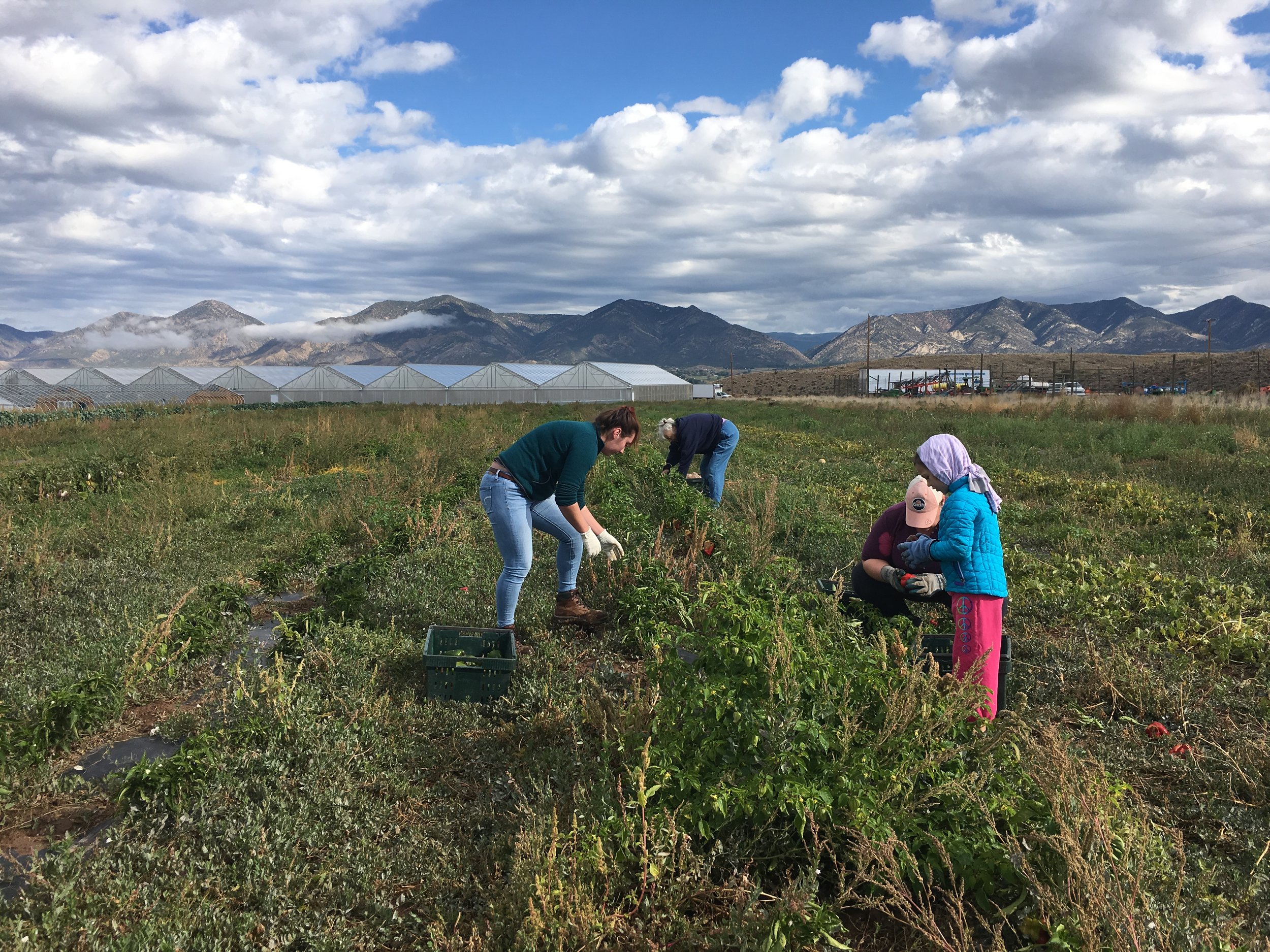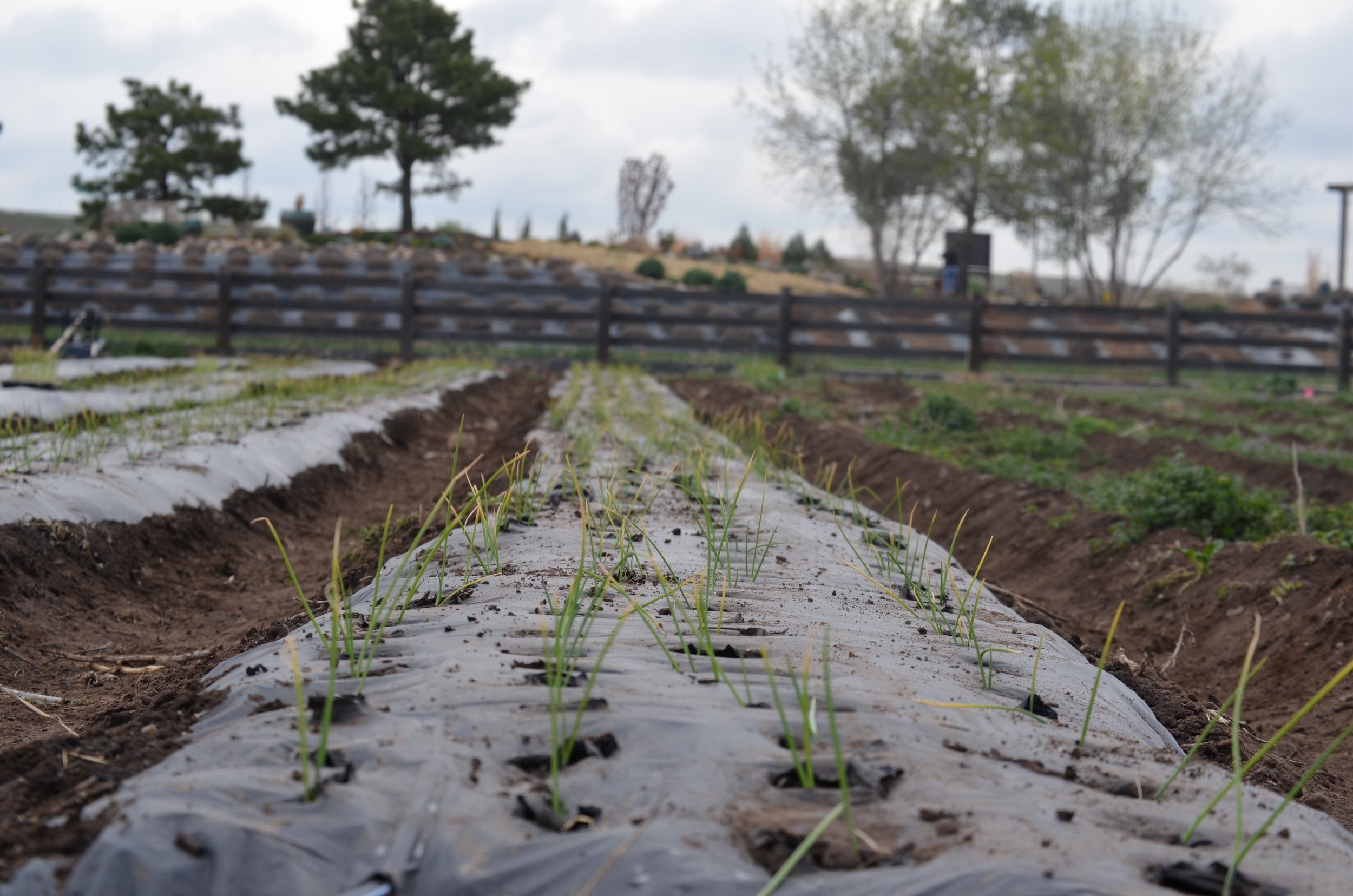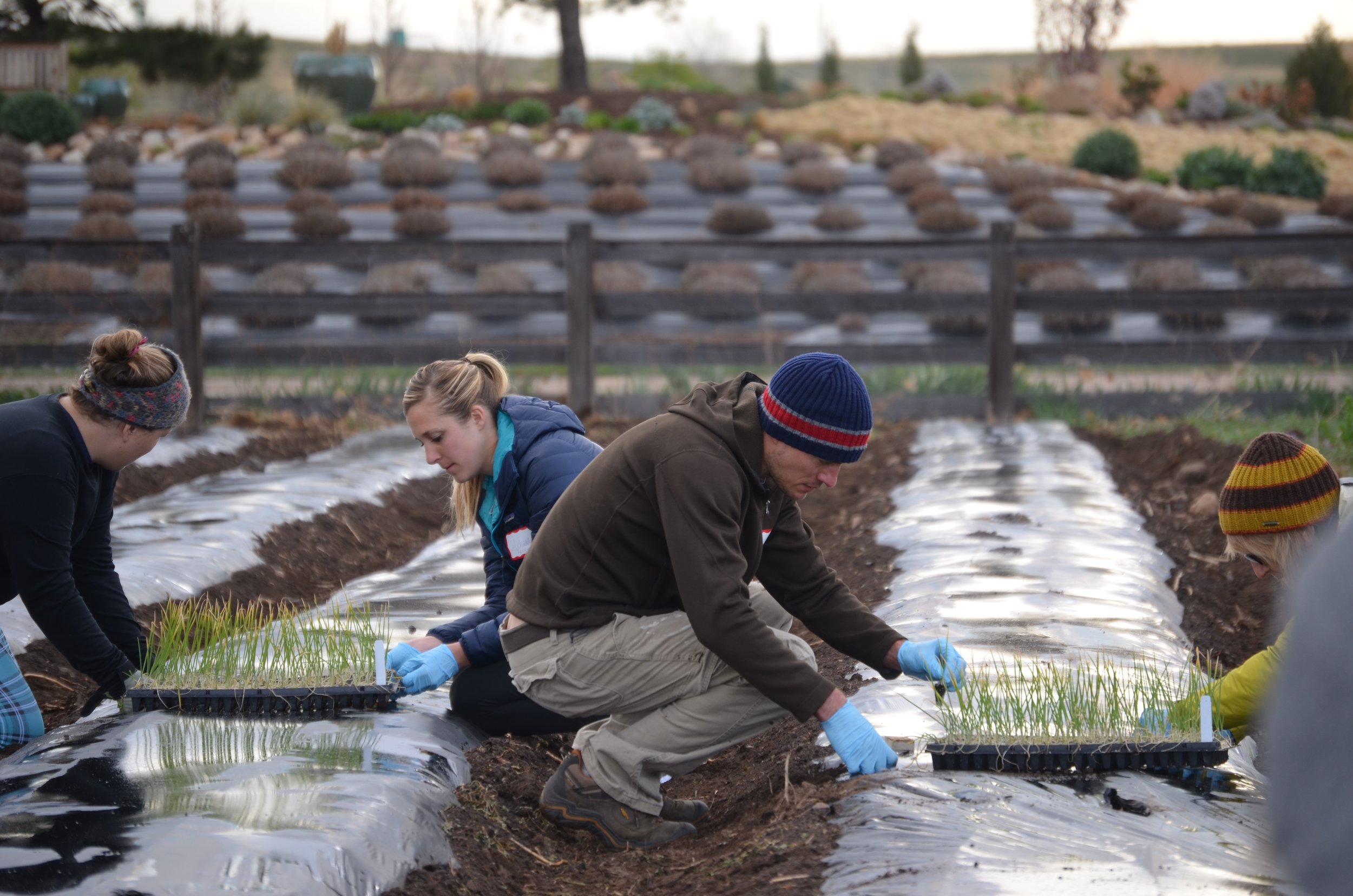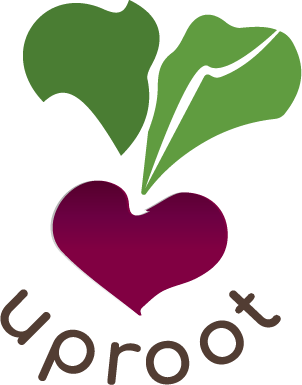
Mission
We increase the nutrition security of Coloradans by harvesting and redistributing surplus, nutrient-dense foods while supporting the resilience of farmers.
Vision
A mindful, humane and equitable Colorado food system where farmers are valued for who they are: a cornerstone of our society.
Goals
Increase nutrition security in Colorado by diverting locally grown and nutrient-dense surplus produce (i.e., protective foods) into the state's hunger-relief system
Reinstall food wisdom in our Colorado communities by reconnecting Coloradans with the soil and the life-sustaining power of food
Cultivate a more equitable Colorado food system through experiential education, quantitative and qualitative research, legislative-advocacy and via collaborative projects addressing agricultural issues such as on-farm labor shortages
Contribute to the economic resilience of Colorado’s family farms
GLEANING
–
Gleaning is the act of gathering leftover crops from farmers' fields or orchards after farmers have commercially harvested them. It is a practice rooted in the Tanakh (or Old Testament) where landowners would leave a section of their agricultural fields unharvested as provisions for the poor and the marginalized. Today, it is becoming an increasingly popular tool to make available more local, nutrient-rich calories to food-insecure individuals while also spotlighting the hard work and dedication of smallholder and family farms.
We harvest surplus food from Colorado farms, orchards, and “backyard” fruit trees and redistribute this life-sustaining resource to Colorado residents currently facing food and/or nutrition insecurity. To facilitate gleaning events and healthy-food redistribution, we are building partnerships with smallholder and family farms and organizations capable of distributing nutrient-dense produce to those in greatest need. Our Volunteer Gleaning Corps encompasses a wide range of age and experience. Volunteers engage in experiential education, reconnect with a main source of their food supply, learn about food and nutrition insecurity and its causes, and support community members in need through their positive actions.
EXPERIENTIAL EDUCATION
–
Food wisdom is knowing where your food comes from and how much blood, sweat, tears and toil it took to get it from seed to your spoon.
There is a significant gap today between producers (i.e., farmers) and many community members. This disconnect from where our food comes from—the time, labor, and inputs that are required by farmers to feed you and the rest of us—is one of the root causes of the amount of food loss and food waste that we are witnessing today (40 percent of all food produced annually in the U.S. is never eaten).
As a society we are undervaluing our food. Therefore, we are promoting and working to increase food wisdom by organizing year-round, on-farm educational events—seeding and planting events and farm tours as well as numerous gleaning events—to encourage community members to step onto farms and rekindle their natural relationship with food and their knowledge of where food originates.
ADVOCACY
–
We perform research and collect empirical data in order to positively affect the legislative process. For instance, we have produced and shared a nationwide survey on gleaning aimed at produce farmers.
We also engaged in research in 2017 to help determine the effectiveness of the Colorado Charitable Crop Donation Act that was introduced into law in Colorado in 2014 to incentivize farmers to donate their surplus agriculture to food banks, food pantries, and Colorado's network of hunger-relief organizations.
Thanks to a grant from the World Wildlife Fund (WWF in 2018), we extended our research into the amount of surplus agriculture remaining on Colorado farms growing produce for human consumption
You may access our report, here.
Access to healthy food is a basic human right.

History
The seeds for UpRoot were planted in the Fall of 2016 with two gleaning events set up on two unique farms in order to provide produce for Feeding the 5000 Front Range, a food-waste-awareness event held in downtown Denver in October 2016.
At Grant Farms CSA in Wellington, Colorado, six adults and seven children harvested roughly 1,000 pounds of produce in four hours. At Chatfield Farms, 10 adults harvested approximately 500 pounds of produce in about two hours.
At both farms, significant amounts of edible produce remained in the fields (due to factors that are often beyond the farmers' control). In fact, ReFED estimates that more than 34 billion pounds of edible produce remains on U.S. farms each year—less than two percent of this surplus is currently recovered.
Colorado is a state with 11 million acres of cropland and there are existing examples of organizations both throughout the country and in Europe that implement sustainable, year-round gleaning operations.
From October 2016 - December 2016, the UpRoot team researched and connected with gleaning organizations from the UK to New England to the Pacific Northwest to compare organizational models and best practices in order to create a flexible model to serve region-specific areas of Colorado.
After three years under fiscal sponsorship to determine whether our organizational model had a place in co-creating a more holistic Colorado food system, we were awarded our Letter of Determination in 2020.
To date, our Volunteer Gleaning Corps has harvested more than 2.3 million servings of nutrient-dense surplus produce, diverting these locally grown protective foods into area hunger-relief agencies for community-wide distribution. We continue our work to reduce surplus protective foods, to champion and better support Colorado’s smallholder and family farms, to increase the nutrition security of Coloradans and to reinstall cultural food wisdom.
Rita, Abbey, Emma, Sierra, Joy, and Dave
Team UpRoot
Ready to help?
Volunteer
Donate

